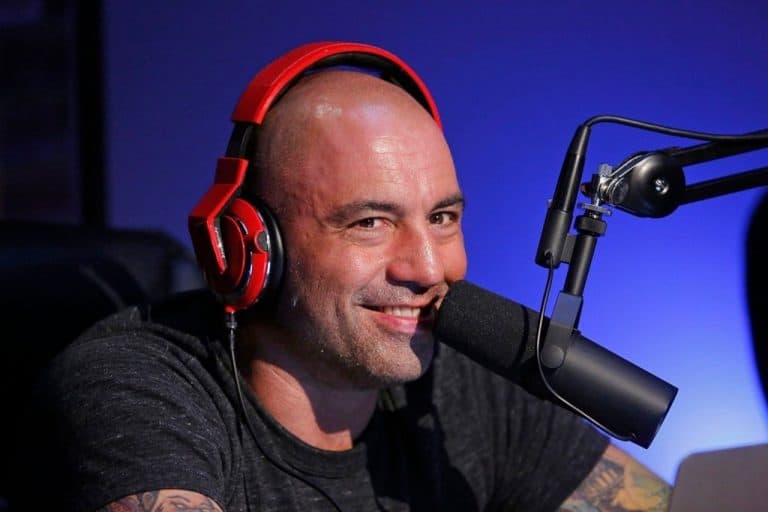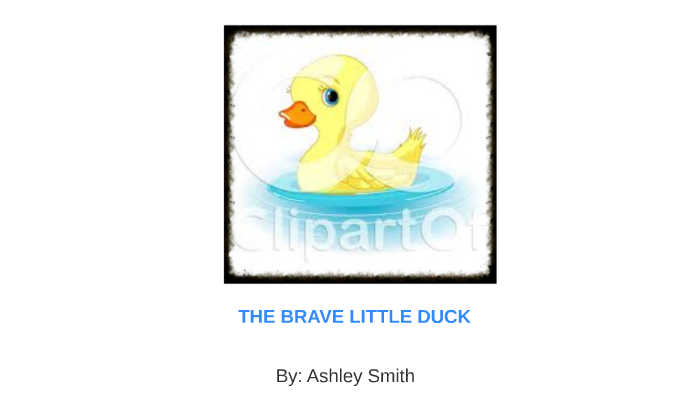

“And just to default to the most private thing without trade-offs in that experience.” “Everything that we build, we want to make as frictionless and simple and easy to understand,” Burger-Lenehan says. It also includes a built-in option for saving passwords, and it incorporates the company’s recently launched email protection, which blocks hidden trackers in the emails you are sent.

The browser uses DuckDuckGo’s private search engine as the default option, blocks ad trackers on each site you visit, and shows how many have been blocked. “We don't track our users-that is our privacy policy,” Burger-Lenehan says. Since the launch of its anti-Google search engine back in 2008, DuckDuckGo’s web browser continues the company’s principle of not collecting your data, says Beah Burger-Lenehan, the product manager for the Mac app. The desktop app, which is being released in beta, comes years after the company launched its Android and iOS browsers, and it continues its push to create a suite of privacy-first web tools. Today the privacy-oriented company DuckDuckGo is debuting its first desktop web browser, DuckDuckGo for Mac. There are other options though-and the list of Chrome’s browser rivals just got a tiny bit longer. Right now 63 percent of people use Chrome on their phone and the figure rises to 67 percent on desktop.

Since then the web browser has become almost unstoppable: Chrome is one of Google’s most powerful data collection tools and the world’s most dominant browser. “DuckDuckGo and Brave intend to collaborate on co-branded privacy awareness initiatives and experimental pilots,” the companies said in a statement.When Google launched Chrome back in 2008, it changed the web overnight. The two companies have promised there will be more to their collaboration than was revealed in today’s announcement, calling it “only the beginning of a long-term partnership.” The DuckDuckGo announcement could entice some users to give Brave’s browser another look. Since Brave blocks all ads, it has promised to help publishers replace lost revenue with tokens gifted from users who enjoy their content. It launched its own crypto token in June in a $35 million token sale and conducted the first of several planned token giveaways last week to attract new users. The company, founded by former Mozilla CEO Brendan Eich, is currently making a push to expand its reach. Google has been the default search engine on Brave, but beginning today DuckDuckGo is the suggested option for private tabs.īrave, which launched in January 2016, says it currently has close to a million monthly active users.


 0 kommentar(er)
0 kommentar(er)
